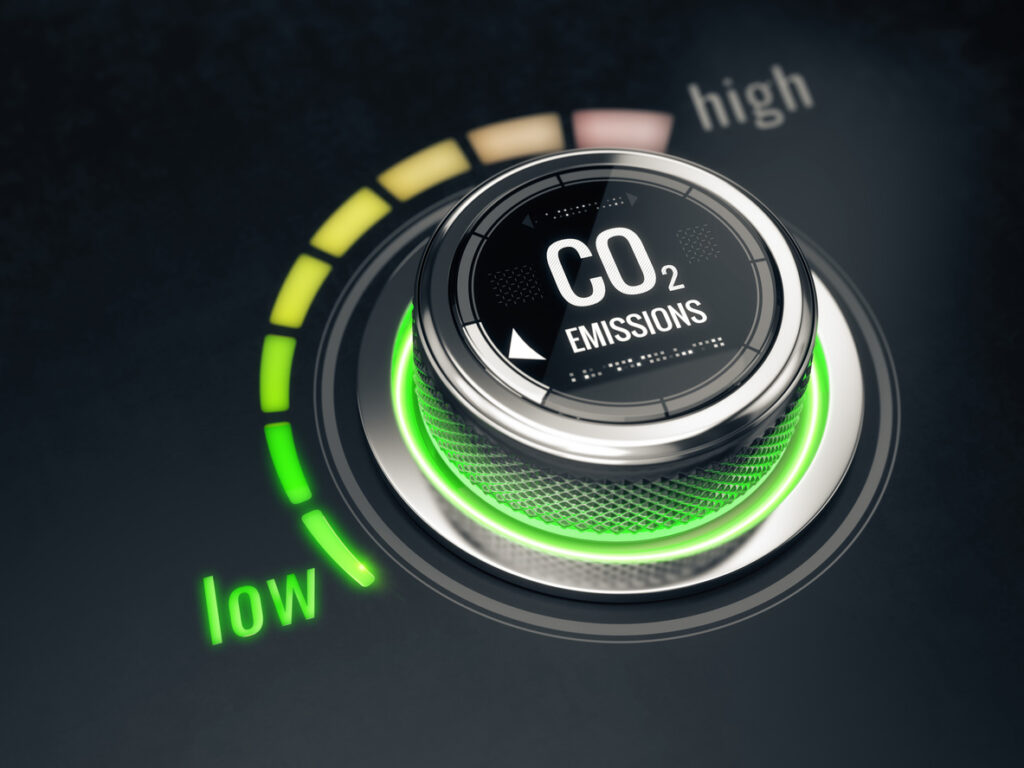(Oil & Gas 360) – According to McKinsey and Company’s 2024 Global Energy Perspective, released earlier this week, the world is failing to reach the CO2 reduction targets outlined in the Paris Agreement nine years ago.
The study examines the financial, policy, technological, and infrastructure progress on the “1.5 Degree Pathway,” which outlines steps to limit global warming to 1.5 degrees Celsius to pre-industrial levels and achieve net-zero CO2 emissions by 2050.
McKinsey notes that emissions are not declining at the rate required to meet targets, a challenge exacerbated by the fact that energy demand is projected to grow by up to 18% through 2050, even though developed economies are expected to use slightly less energy over the next 25 years.
Emerging economies are expected to drive almost all incremental energy demand growth. Their focus is more on the reliability and affordability of energy than on the sustainability of its sources, no small consideration given that roughly seven billion people on the planet fall under that category.
India, which is expected to be the world’s most populous country by 2050, is expected to lead the world in energy demand growth at 3% compounded annually during that time.
The 40-page report cross-references 68 sectors and 78 fuels against some of the macro (and thus virtually impossible to guide) factors, such as geopolitical challenges, the complexity of supply chains (e.g., rare earth minerals), population growth, and the impacts of high inflation post-Covid.
The study notes that economic and social realities are weighing heavily on progress, as policy makers will be challenged with balancing decarbonization efforts, their cost and benefits (including significant disruption to already strained power grids), and economic growth.
Earlier McKinsey analysis predicting fossil fuel demand to peak by the end of this decade is now characterized as “a decade-spanning plateau.”
The report acknowledges the potential role for nuclear while warning of long timelines and public perception and urges that the price per ton for CO2 be raised 50% from $150 per ton to $225 to create more incentives to decarbonize.
Further impediments to progress include the unknown implications of untested and unregulated technologies and the resulting inability to assess cost-benefit or risk-return calculations among investors, thus slowing widespread adaptation of clean tech.
The report notes that electricity demand will continue to grow and anticipates renewable energy to be the biggest generation source.
It also notes that Artificial Intelligence is a variable not considered in previous analyses by the company. AI, quantum and cloud computing are all intense 24/7 consumers of electricity, and the technologies are considered to be in the early stages of capabilities. None of the three technologies was considered in the Paris Agreement.
By Jim Felton for oil&gas360.com







